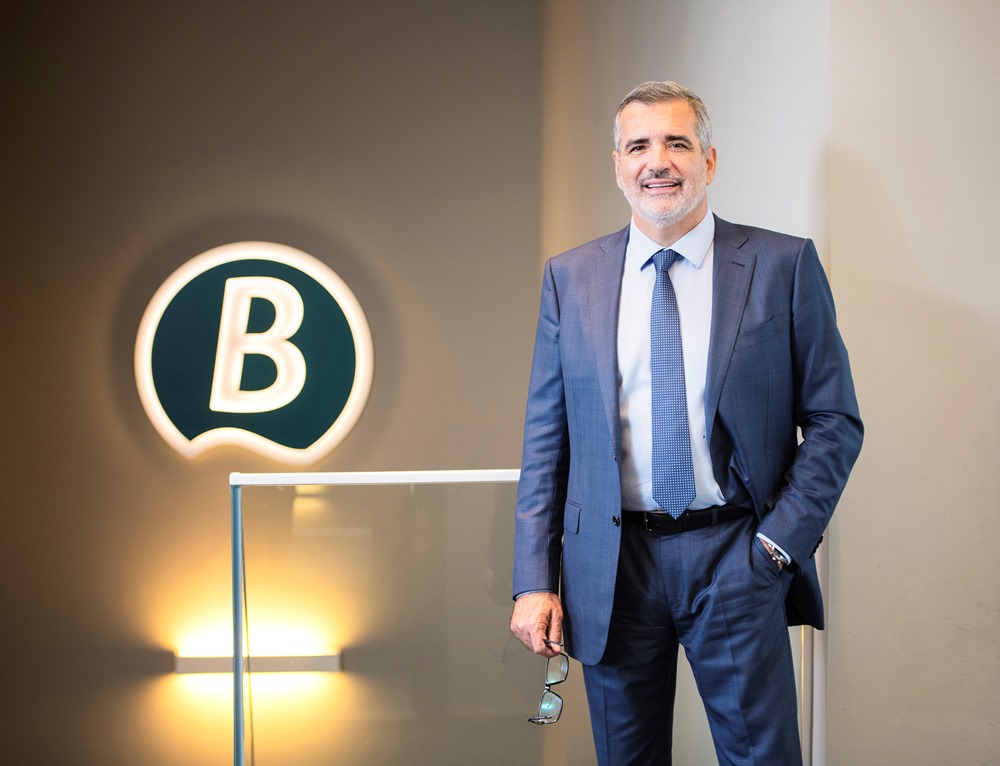
Adolfo Utor, president and sole owner of Balèaria after Grupo Matutes left the company. Photo: Balèaria.
⚫”As the only remaining local company, we are prepared to overcome this tough and hostile competitive environment.” ⚫ “I have full confidence in the project, that’s why I decide to buy 100% “
By: José Eduardo Iglesias. Palma.
Adolfo Utor, president of Baleària, and sole owner after the departure of his partner, the Matutes Group, is a selfmade executive who has spent his entire professional life in the shipping business,
from the old Flebasa, where he started selling tickets back there in the 80s, until leading with other colleagues the birth of Baleària, at the end of the 90s. The shipping company he presides over is
today the most important in the Spanish Mediterranean.
– With the departure of the Matutes from Baleària group, in your long shipping career it is the first time that you sail alone, where is your goal?
– Initially it is the circumstances that determine the course, not premeditated decisions to achieve a strategic objective. I have worked since the beginning of Baleària, I am a founding partner, with other partners who formed the company’s management and part of the staff. We started as a labor limited company, then as a public limited company and I have always had fellow travelers although I got to hold 100% at the time prior to the integration of the shipping group of Empresas Matutes, because I had bought the shares from minority partners. The merger by absorption took place in which Grupo Matutes’ part was valued at 42.5% and mine at 57.5%. Now this situation has happened to me, I have not looked for it. Grupo Matutes decides to divest, I suppose to focus on its core hotel business, and since I have full confidence in the project, I decide to buy 100%.
– Then you do not foresee the possibility of new partners for Baleària.
– If that possibility were given, it would be given with time and tranquility. The need is not imminent. Baleària has capacity and solvency. We are going to close a good year despite the adverse energy and competitive context, but it has been almost a year and unless we want to grow faster, I do not contemplate opening the capital to new partners.
– These are moments of strong competition with the landing of the Germans and Italians.
– Well, competition is healthy, it helps you improve and makes you stronger. For us there has been a first moment of uncertainty, to see what the new operators were bringing, both FRS, GNV, and Grimaldi. We have a tough and hostile competitive environment, with international operators that do not add value in ships, services or management. As the only remaining local company, we are prepared to face and overcome this situation.
– But it is a market where it will be difficult for three operators to coexist, right?
– There is an evident excess supply. We aretalking about very capital intensive businesses, expenses are very expensive, especially with energy prices. This situation will have to be resolved in time, it will have to return to normal, with a new setting that allows traders to work with margin. We are and will be for a long time for our own good and that of the territory, we are still a local shipping company that has a clear vocation of service to the territory.
– When you talk about a hostile environment, what do you mean?
– Rising fuel, inflation, wages, maintenance costs, rates, a price war that causes shipping to go in the opposite direction seems unreasonable. These operators have been surprised because they see that the level and competitiveness that exists in the Balearic Islands is very high, in ship service, punctuality, management and digitization.
– How would you describe the state of the ports of the Balearic Islands?
The ports of the Balearic Islands in regard to regular passenger service, which should be a priority because it is a mainly resident customer, are third world class. It makes no sense that in the port
of Eivissa, with a maritime station under construction, we are still in a tent. In Palma, work is being done on the West Dam. I take the passengers who go on foot in a bus from the maritime station number 3 to a clearing, which is the West dock. The dramatic thing is that there is money, because the ports have a surplus, but they have not quite hit the mark.
– What do you think of the criticisms about the cruises that are taking place, as in Mallorca?
– It’s an invasive species. For us it is a sector that has nothing to do with transport or the supply of goods. No one doubts that the connectivity of goods and people is essential for the development of territories, and ports are precisely for that. In this pandemic we have been taking food for supermarkets, medicines, essential goods, oxygen to hospitals… The cruise is not transport or commerce, it is a mobile hotel with all inclusive that if they arrive in Mallorca in their souvenirs they sell reproductions of the Cathedral and if it is Barcelona, the Sagrada Familia. They are an inconvenience because there are space problems and they push out the boats that we dedicate ourselves to an essential activity.
– Baleària is a pioneer in the use of liquefied natural gas, is it an alternative for the future or an intermediate step?
– Liquefied natural gas (LNG) is a transition fuel that partially solves, pollutes less, is cleaner energy than oil; the solution is not renewables, nor batteries, it will come in other ways. Gas significantly reduces CO2 emissions by 30%, removes sulfur, removes NOx [nitrogen oxides] by 85%, particles, improves the carbon footprint, all of which are polluting gases, and represents progress. It can also be injected with hydrogen up to 25% and its facilities can be like test spaces for the hydrogen that aims to be the energy of the future. Hydrogen still has cost, transport and
storage problems, but we are working on it as an alternative for the future.


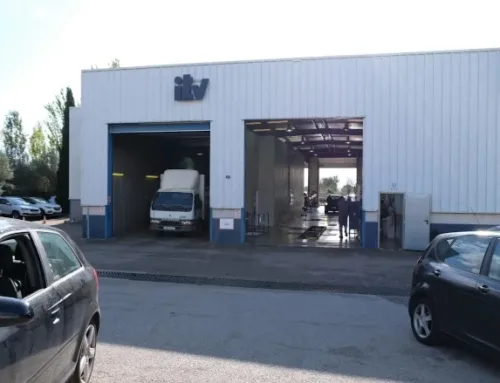
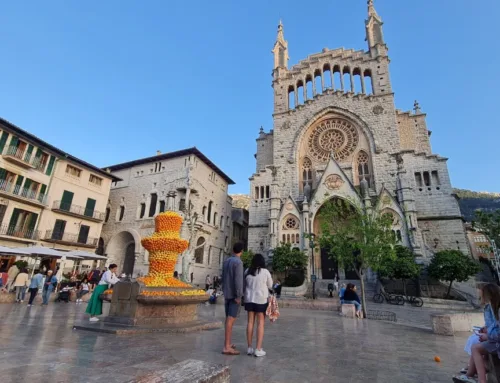
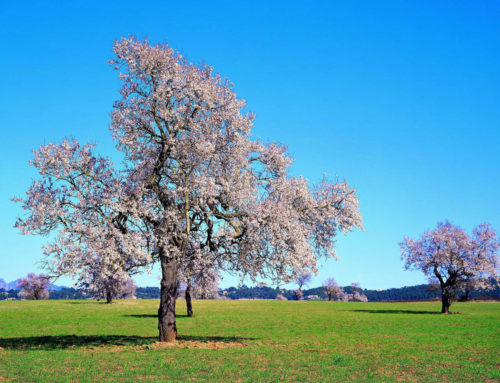
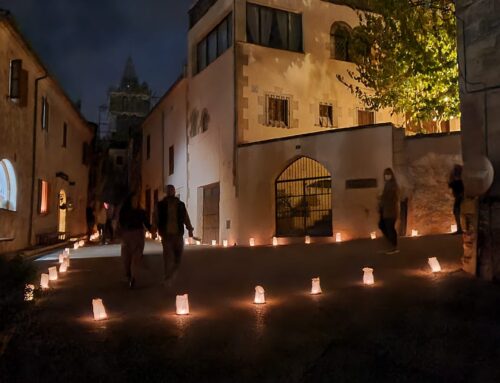
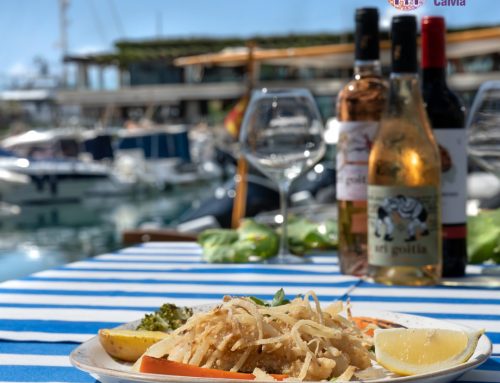

Leave A Comment